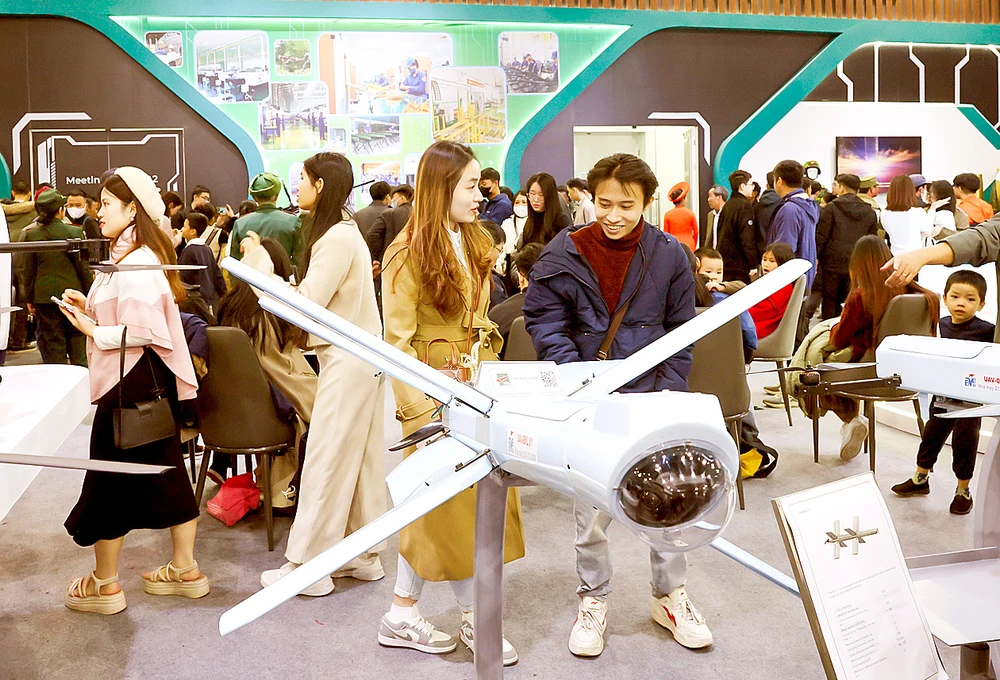
It has truly been an “effective absorption point”
According to the latest data from the Ministry of Science and Technology, after nearly 10 years of formation and development, to date, Vietnam's creative startup ecosystem has more than 4,000 businesses, organizations and individuals. Of which, there have been 4 startup models that have raised over 1 billion USD (including VNG, VNPay, Momo and Sky Mavis); 11 businesses have raised over 100 million USD. At the same time, there have been 208 venture capital funds and more than 1,400 organizations supporting startups. In 2019, Vietnam rose to 3rd place among ASEAN countries in terms of growth rate of the startup ecosystem, just behind Indonesia and Singapore. In 2024, Vietnam's global startup ecosystem index increased by 2 places, from 58th to 56th (ranked 5th in Southeast Asia and 12th in Asia-Pacific).
Vietnam's global innovation index has also been continuously improved. In 2024, Vietnam's global innovation index was ranked 44/133 countries and economies. However, the period from 2021 to present is a time when the world economy in general and Vietnam's economy in particular have encountered many difficulties and slowed down. Vietnam has not recorded any new models or businesses that have raised billions of USD in capital since December 2021. Startups and startups are mainly "clustered" in big cities such as Hanoi, Ho Chi Minh City, Da Nang, Hai Phong and most are valued at less than 1 million USD.
It is not difficult to see the need to develop a deep and wide innovation ecosystem, creating warm "cradles" to nurture young innovation enterprises. The first challenge, as businesses often mention, is capital. Having devoted much effort to this field since he was the Minister of Planning and Investment, Deputy Prime Minister Nguyen Chi Dung has repeatedly emphasized that investing in this field cannot only look at immediate profits, but also accept a very high risk coefficient. At the Vietnam Innovation Investment Forum 2025 (VIPC Summit 2025) held on April 22, Deputy Prime Minister Nguyen Chi Dung called on investment funds, financial institutions and leading corporations in the world to quickly decide and invest heavily so that Vietnam can truly become an "effective absorption point" for private investment capital poured into developing strategic technology industries.
Commitment to training and human resource development
In fact, there has been a wave of investment in high-tech and innovation fields. In particular, artificial intelligence (AI) with its powerful breakthroughs is becoming the focus of attention of global strategic investors. However, for investors to feel secure in investing, the first factor must be a sufficiently solid and open legal framework. One of the important tasks of the 9th session of the 15th National Assembly is to institutionalize Resolution 57-NQ/TW in a series of laws, especially the Law on Science and Technology and Innovation. Many regulations in other laws on investment, enterprises, bidding, customs, public investment and the Land Law have also been amended and supplemented, imbued with the spirit of this resolution.
According to Mr. Do Tien Thinh, Deputy Director of the National Innovation Center (NIC - Ministry of Finance), in order to access modern technology, promote technology transfer and strategic cooperation with the world's leading technology corporations such as Intel, Amkor, Samsung, Nvidia..., the State needs to have a strategy for training and developing human resources in high-tech fields in a systematic, synchronous and long-term manner. This expert recommends promoting domestic training, then sending students to study in technologically developed countries, accumulating practical experience, and then returning to develop the country. This requires the cooperation of 3 parties: the State - businesses - families and individuals of talented students and trainees.
According to Deputy Prime Minister Nguyen Chi Dung, businesses themselves need to be more proactive in participating in networking forums, discussing with each other specifically about business investment orientations, potential advantages of each side, and promptly establishing practical and effective mechanisms and forms of cooperation to truly form an "ecosystem". Along with that, ministries, branches, research institutes, universities, innovation centers, etc. need to continue their role as supporting agencies, quickly and effectively providing necessary services for businesses, funds, organizations, and individual investors.
Source: https://www.sggp.org.vn/dong-hanh-nuoi-duong-he-sinh-thai-doi-moi-sang-tao-post793474.html





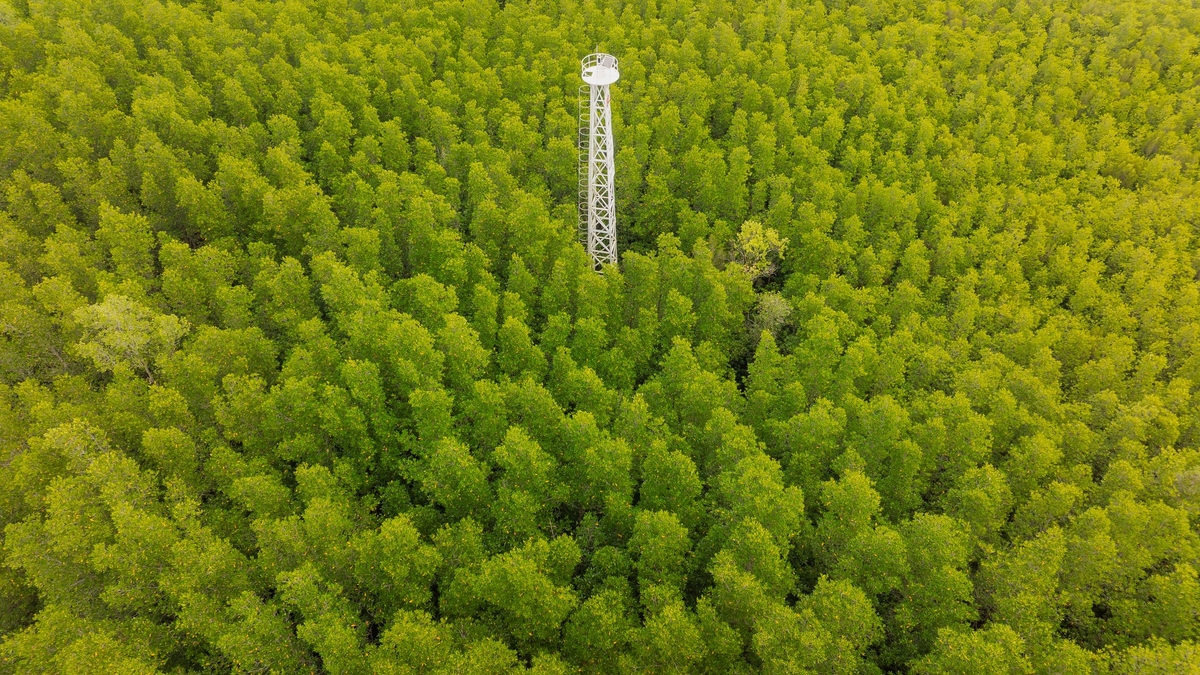
![[Photo] Bustling construction at key national traffic construction sites](https://vphoto.vietnam.vn/thumb/1200x675/vietnam/resource/IMAGE/2025/5/2/a99d56a8d6774aeab19bfccd372dc3e9)



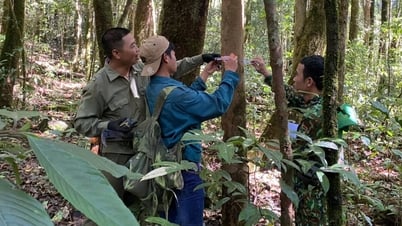

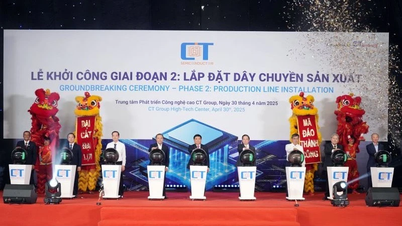
![[Video] The role of intellectuals in effectively implementing Resolution 57-NQ/TW](https://vphoto.vietnam.vn/thumb/402x226/vietnam/resource/IMAGE/2025/5/2/9b2b1a73840f43848d14cbdcc88426a5)




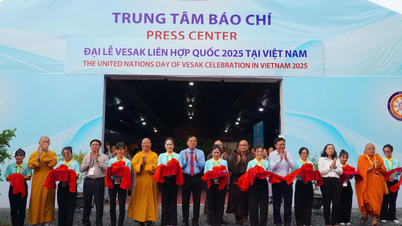






![[Photo] Binh Thuan organizes many special festivals on the occasion of April 30 and May 1](https://vphoto.vietnam.vn/thumb/1200x675/vietnam/resource/IMAGE/2025/5/1/5180af1d979642468ef6a3a9755d8d51)
![[Photo] "Lovely" moments on the 30/4 holiday](https://vphoto.vietnam.vn/thumb/1200x675/vietnam/resource/IMAGE/2025/5/1/26d5d698f36b498287397db9e2f9d16c)


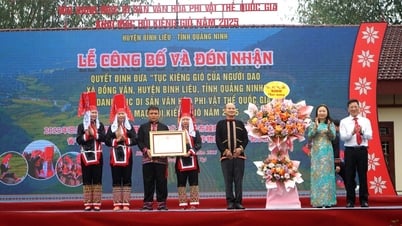









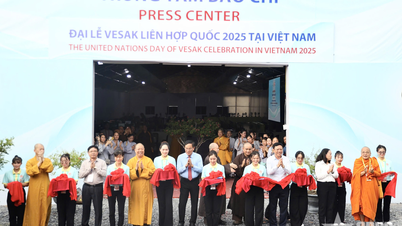
























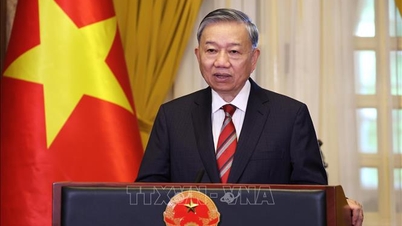











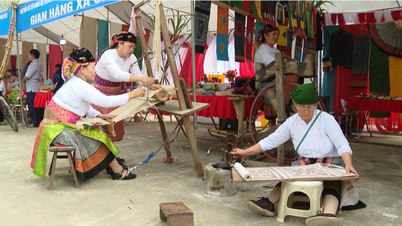



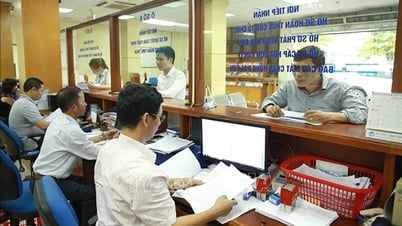














Comment (0)